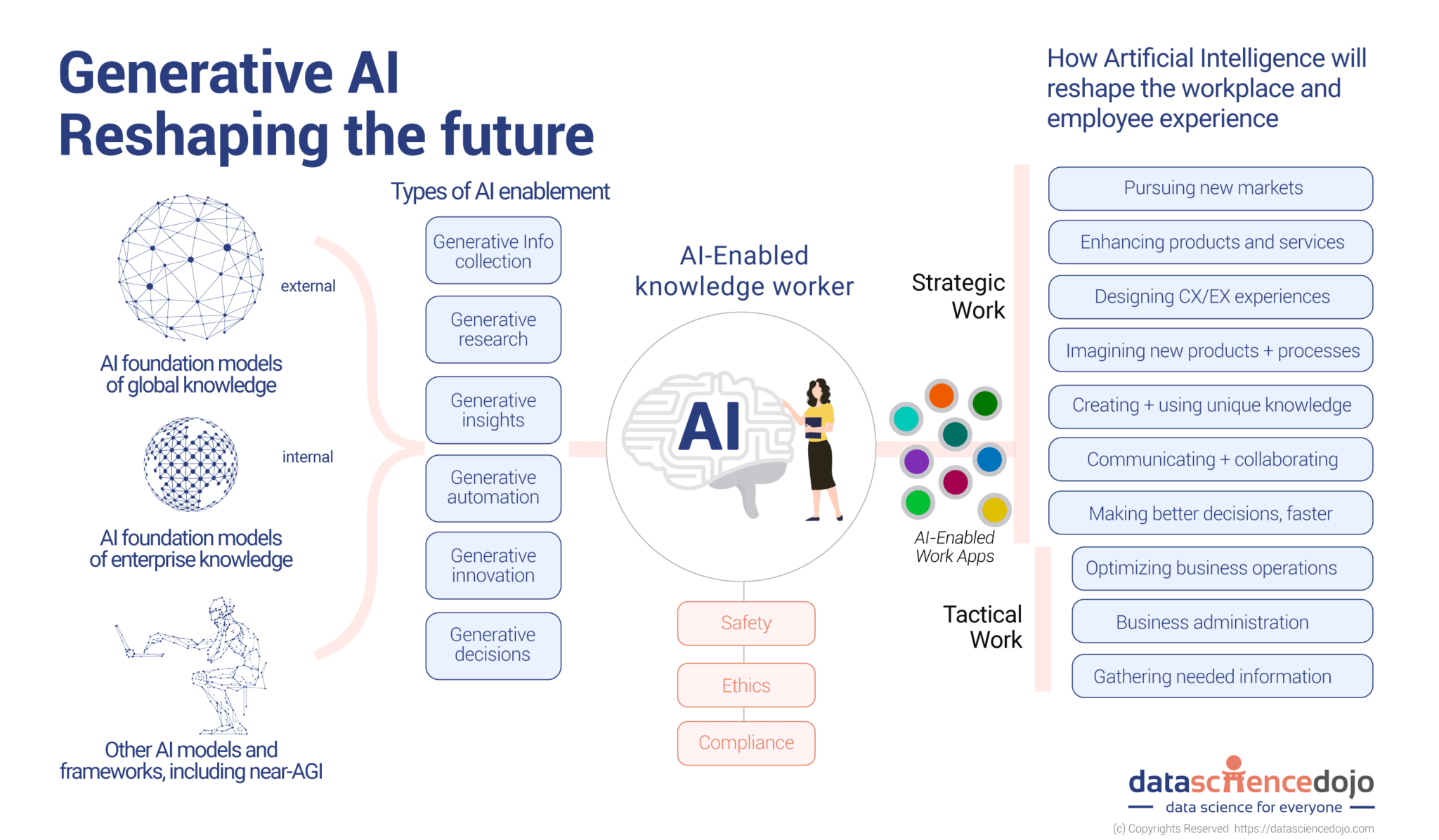
AI Revolutionizes Language with Generative ModelsAI Revolutionizes Language with Generative Models Artificial intelligence (AI) is transforming the realm of language, unleashing the power of generative models that can create human-like text, code, and other linguistic forms. These models are revolutionizing various industries and activities, fostering new possibilities and efficiencies. Generative Models: Unlocking Language Creation Generative models, such as Transformer-based Language Models (TLMs) and Generative Adversarial Networks (GANs), possess the remarkable ability to generate new data from scratch. They are trained on massive datasets of text, allowing them to absorb the patterns, structures, and subtleties of human language. Revolutionizing Text Generation Generative models are reshaping the way we create text. They enable authors, journalists, and marketers to: * Generate headlines, summaries, and entire articles * Craft engaging social media content and marketing copy * Enhance existing content with relevant and contextual text Empowering Language Proficiency AI-powered language models are revolutionizing language learning and translation. They: * Assist learners with grammar, vocabulary, and pronunciation * Provide instant translations across multiple languages * Enable real-time communication for individuals with language barriers Unlocking Code Generation Beyond text, generative models are revolutionizing code generation. They: * Automate code debugging and optimization * Generate new code snippets and algorithms * Assist developers with prototyping and testing Fostering Creativity and Innovation Generative models are also opening up new avenues for creativity and innovation. They: * Inspire artists with novel ideas and concepts * Generate dialogue and scripts for movies, TV shows, and games * Facilitate the exploration of different writing styles and perspectives Challenges and Ethical Implications While generative models offer immense potential, they also present challenges and ethical implications. These include concerns about: * *Bias* and *Fairness:* Ensuring models are trained on diverse datasets to avoid perpetuating biases * *Plagiarism:* Preventing the misuse of generated text for academic purposes * *Misinformation:* Detecting and preventing the spread of false information Conclusion Generative models are revolutionizing language, empowering us to create, translate, and innovate in unprecedented ways. As these models continue to evolve, they will further transform industries, foster creativity, and shape the future of human-computer interaction. However, it is essential to address the challenges and ethical implications associated with this transformative technology to ensure its responsible use.
Posted inNews